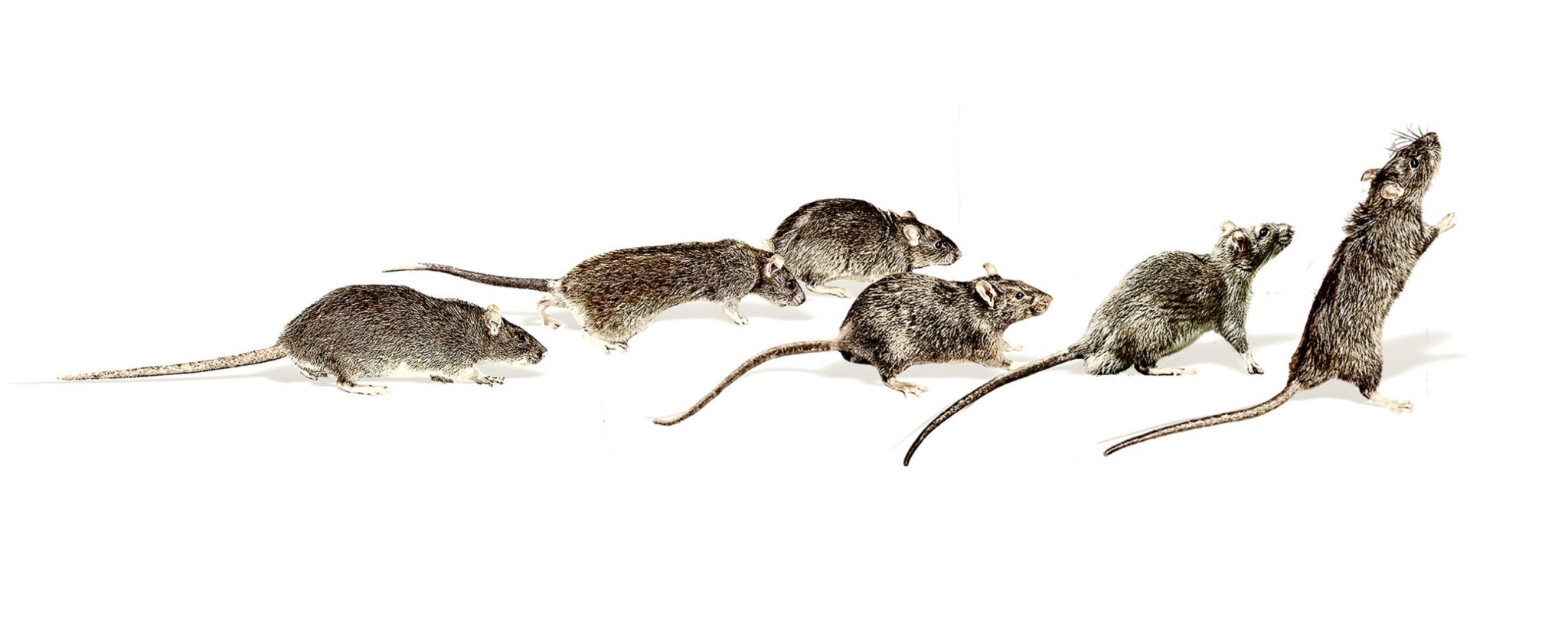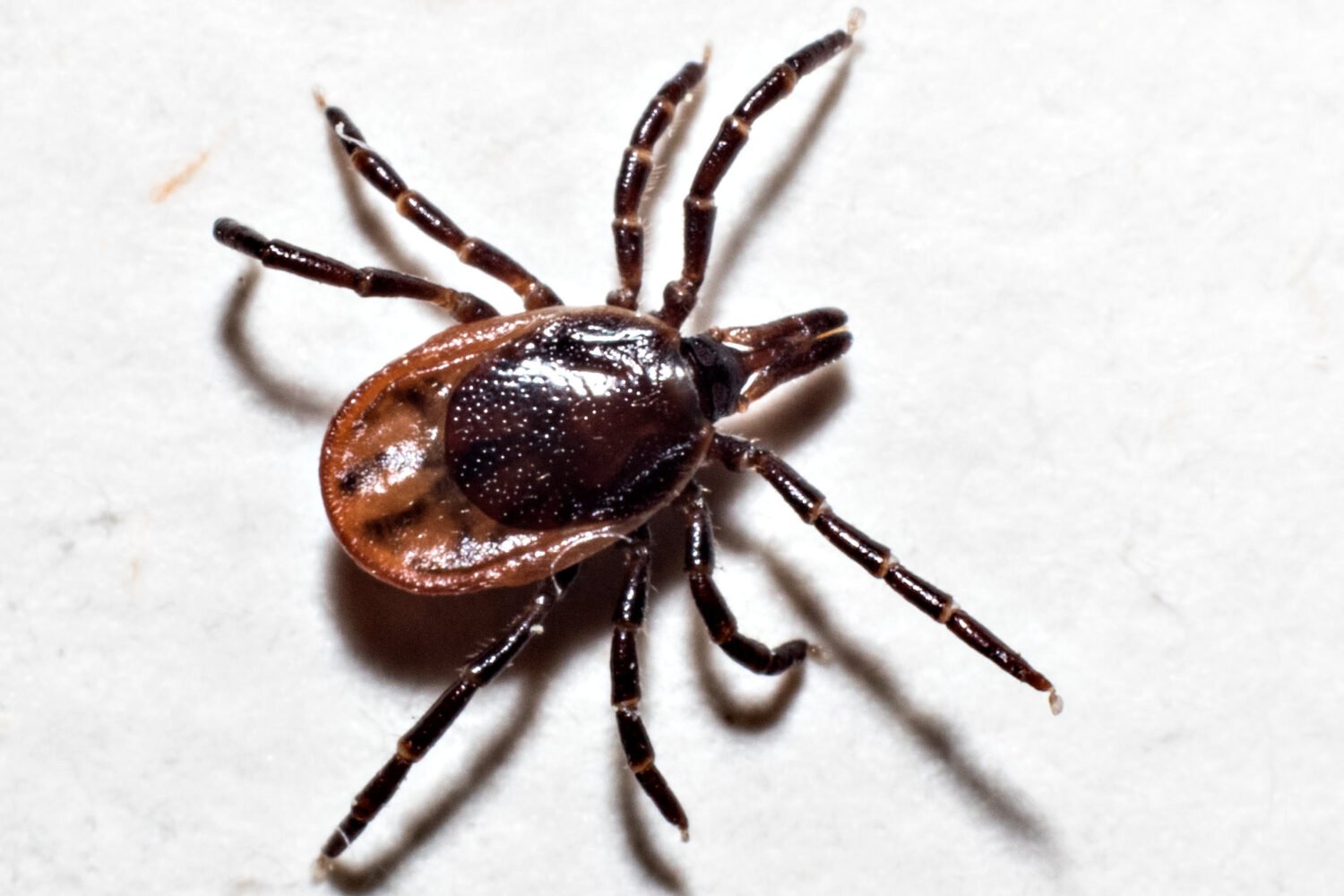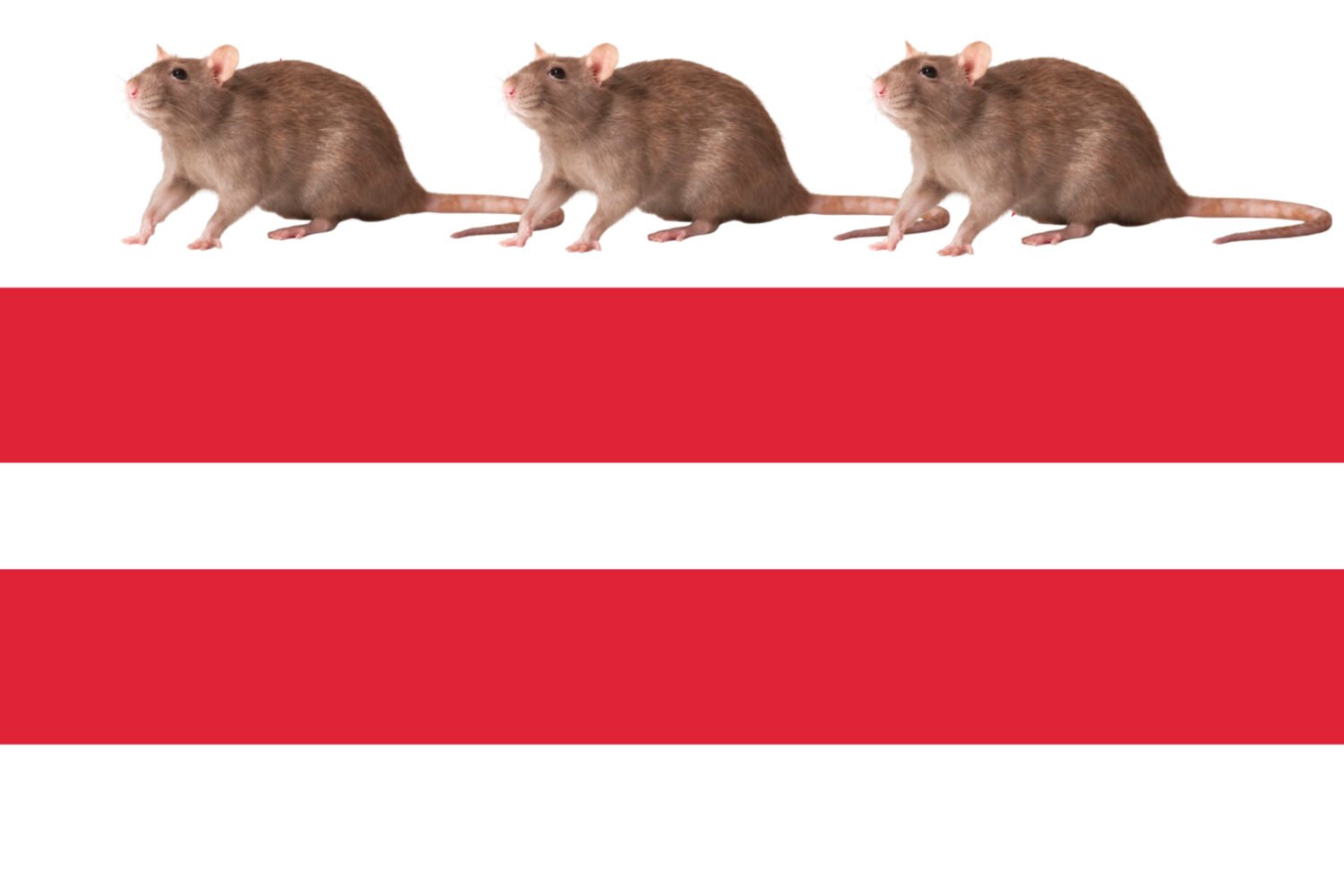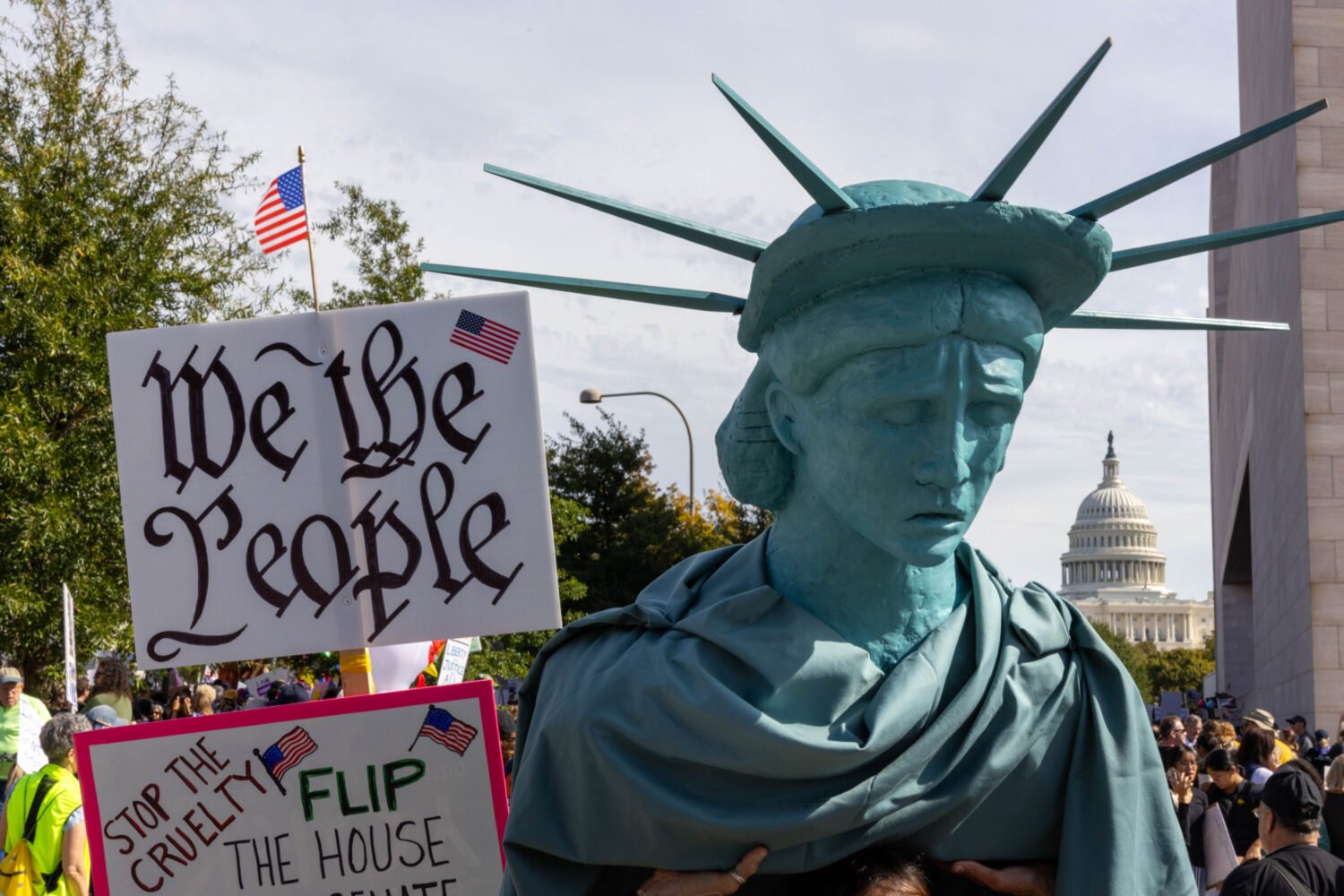About Coronavirus 2020
Washingtonian is keeping you up to date on the coronavirus around DC.
You know how in cartoons whenever the character says, “at least things can’t get any worse,” it immediately starts raining? This is kind of like that, but with rats.
According to rodentologist Bobby Corrigan, one of the ripple effects of the coronavirus pandemic is going to be some very desperate rats. As scraps from restaurant dumpsters start to dwindle amid widespread closures, the rats are going to do whatever is necessary to find food and survive. Whatever. Is. Necessary. As in, they may very well start wriggling under your doorframe and into your kitchen. (Yes, this is physically possible.)
Look, I get it. This is not the story you want to be reading as you’re beginning to lose touch with reality from social distancing during an unprecedented global pandemic. The good news is there’s still time to protect yourself and avoid spotting a scaly tail sneaking behind your toaster.
Corrigan says the rats will first go into “panic mode” and start running around in the streets to look for food in their usual areas. So don’t be surprised if your usually rat-free neighborhood is suddenly swamped with fuzzy creatures cavorting in broad daylight. Once the rodents realize their go-to buffets are closed, they’ll begin to turn on each other and go Full Cannibal. And yeah, rats that are more inclined to “flight” than “fight” will forage for new food supplies, and potentially make their way into your garbage can or kitchen.
So, while the rats are duking it out, seal your doors—stat. Rats are notorious for squeezing their fat little bodies through tiny cracks, so be sure to fill in even the tiniest of gaps. Additionally, try not to tempt them, OK? Keep a clean kitchen. And move trash away from doors and windows. The last thing you want is for your home to smell like rat heaven.



















